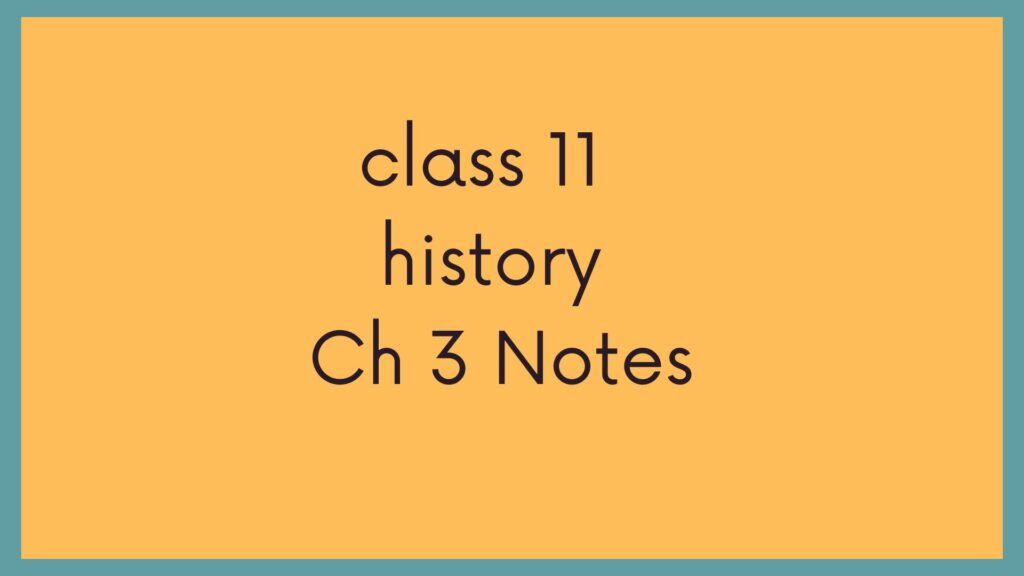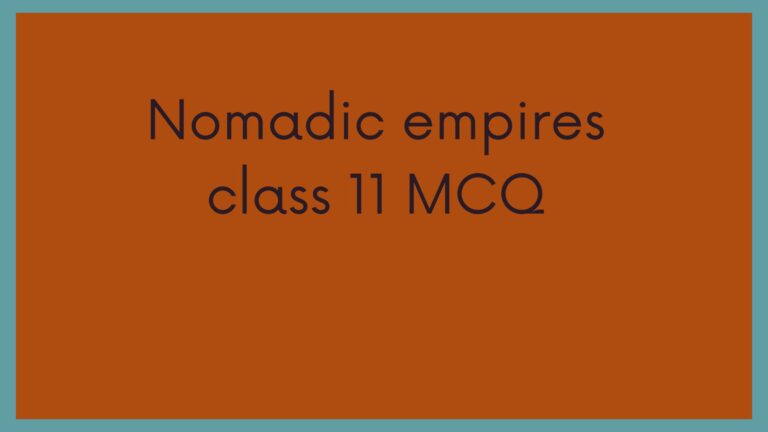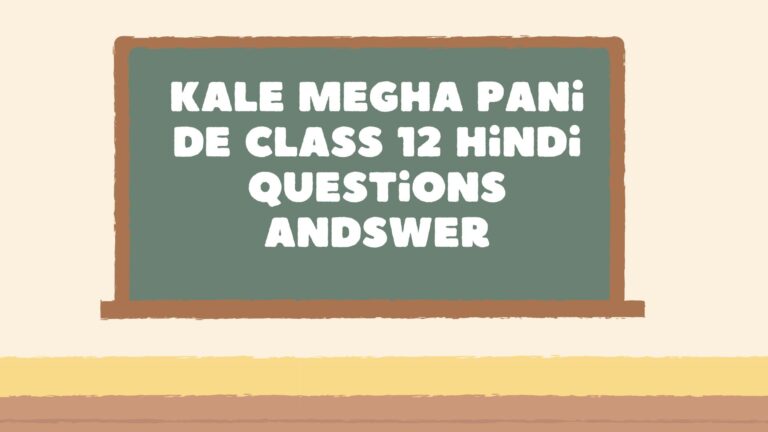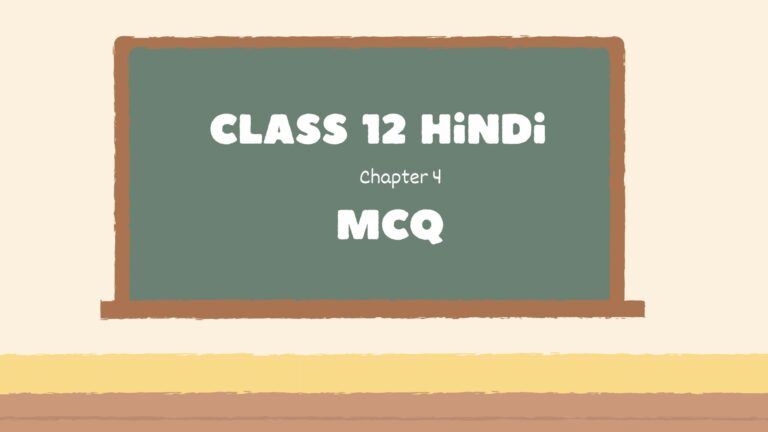Class 11 History Chapter 3 Notes | An Empire Across Three Continents Important Topics and Notes
Here you will find Class 11 History Chapter 3 notes. These can be very helpful for your preparation. An Empire Across Three Continents Important Topics and notes are given in easy language, which you can understand easily. Make sure to go through the complete article for a better understanding. also, visit us on YouTube to get detailed videos of it.

Class 11 History Chapter 3 Notes
1. Introduction
- Roman Empire = one of the greatest empires in ancient world.
- Spread across Europe, Asia, Africa.
- Lasted from 27 BCE (Augustus) to 476 CE (fall of Western Rome).
- Legacy in law, administration, architecture, culture.
2. Expansion of the Empire
- Foundation: Augustus became first emperor in 27 BCE.
- Empire stretched:
- West → Spain, Gaul (France), Britain.
- East → Syria, Mesopotamia.
- South → Egypt, North Africa.
- Mediterranean = “Mare Nostrum (Our Sea)”.
3. Political System
(a) The Republic (509–27 BCE)
- Senate = body of aristocrats.
- Two consuls elected yearly.
- Ended with Julius Caesar’s rise & assassination (44 BCE).
(b) The Empire (27 BCE onwards)
- Emperor = supreme authority.
- Senate continued but had less power.
- Pax Romana (27 BCE–180 CE) → peace & stability.
4. Roman Society
- Stratified society:
- Senatorial class (aristocrats).
- Equestrians (rich businessmen).
- Plebeians (farmers, artisans).
- Slaves (lowest).
- Slavery widespread: in households, farms, mines, gladiatorial games.
- Women: managed households, had property rights, but no political rights.
5. Economy
- Agriculture = backbone (wheat, barley, olives, grapes).
- Villas → large estates of aristocrats.
- Trade: Mediterranean Sea routes.
- Silver & gold coins used in trade.
- Depended heavily on slave labour.
6. Army & Administration
- Roman army = disciplined & professional.
- Roads built for quick troop movement.
- Citizenship gradually extended to conquered people.
- Taxes collected from provinces.
7. Culture & Religion
- Language: Latin (west) & Greek (east).
- Religion: Polytheistic → worship of Jupiter, Mars, Venus, etc.
- Later: Christianity spread; Emperor Constantine legalised Christianity in 313 CE.
- By 4th century CE → Christianity became state religion.
8. Achievements of Rome
- Law: Roman law = foundation of modern legal systems.
- Engineering: Roads, bridges, aqueducts.
- Architecture: Colosseum, Pantheon, amphitheatres.
- Literature: Virgil, Cicero, Ovid.
9. Decline of the Empire
Causes:
- Political instability → weak emperors.
- Economic crisis → heavy taxation, reliance on slaves.
- Barbarian invasions (Germanic tribes, Visigoths, Vandals).
- Division of empire:
- Western Roman Empire → collapsed in 476 CE.
- Eastern Roman Empire (Byzantine) → survived till 1453 CE.
Class 11 History Chapter 3 Notes Tables for Revision
Table 1: Political Transition
| Period | System | Feature |
|---|---|---|
| Republic (509–27 BCE) | Senate + Consuls | Aristocratic rule |
| Empire (27 BCE–476 CE) | Emperor | Centralised monarchy |
Table 2: Social Classes
| Class | Role |
|---|---|
| Senators | Politics, landowners |
| Equestrians | Business class |
| Plebeians | Common farmers & artisans |
| Slaves | Labour force |
Table 3: Contributions of Rome
| Field | Contribution |
|---|---|
| Law | Codified legal system |
| Engineering | Roads, aqueducts |
| Architecture | Colosseum, Pantheon |
| Religion | Spread of Christianity |
📅 Timeline
| Date | Event |
|---|---|
| 509 BCE | Roman Republic founded |
| 44 BCE | Julius Caesar assassinated |
| 27 BCE | Augustus becomes first emperor |
| 27 BCE–180 CE | Pax Romana (peaceful period) |
| 313 CE | Constantine legalises Christianity |
| 395 CE | Division of empire (East & West) |
| 476 CE | Fall of Western Roman Empire |
| 1453 CE | Fall of Byzantine (Eastern Rome) |
10. Conclusion
- Roman Empire shaped politics, law, culture of Europe.
- Strengths: military, administration, infrastructure.
- Weaknesses: over-expansion, economic crisis, invasions.
- Legacy: law, citizenship, architecture, Christianity.
Class 11 History Chapter 3 MCQ | An Empire Across Three Continents MCQ






One Comment